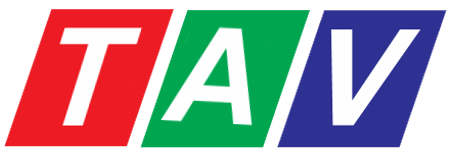sudhasingh
Nhân Viên
Healthcare influencers are increasingly finding diverse and effective ways to monetize their content in 2025. Here are the most common monetization strategies they’re using today:
Sponsored Content and Brand Partnerships
Many healthcare influencers collaborate with wellness brands, pharmaceutical companies, supplement providers, and fitness platforms. They create sponsored posts, videos, or blog content that aligns with their audience’s interests while disclosing paid partnerships to maintain trust and compliance with advertising guidelines.
Affiliate Marketing
Through affiliate links, influencers promote healthcare products like fitness gear, health supplements, wellness apps, or even online therapy platforms. They earn a commission for every sale or lead generated via their unique affiliate link.
Native Advertising
Native ads are subtly integrated into an influencer's website or blog in a way that feels organic. Platforms like 7Search PPC help influencers serve relevant health-related ads to their readers, earning revenue based on CPC (cost-per-click) or CPM (cost-per-mille) models.
Digital Products and Courses
Many influencers create and sell their own digital offerings such as eBooks, workout plans, mental health guides, or nutrition programs. Some also launch paid webinars or courses for followers who want to dive deeper into topics like managing chronic illnesses or adopting healthy lifestyles.
Consultations and Personalized Services
Qualified professionals (like dietitians, fitness coaches, or therapists) use their influencer platform to offer one-on-one virtual consultations or personalized wellness plans, turning followers into paying clients.
Sponsored Content and Brand Partnerships
Many healthcare influencers collaborate with wellness brands, pharmaceutical companies, supplement providers, and fitness platforms. They create sponsored posts, videos, or blog content that aligns with their audience’s interests while disclosing paid partnerships to maintain trust and compliance with advertising guidelines.
Affiliate Marketing
Through affiliate links, influencers promote healthcare products like fitness gear, health supplements, wellness apps, or even online therapy platforms. They earn a commission for every sale or lead generated via their unique affiliate link.
Native Advertising
Native ads are subtly integrated into an influencer's website or blog in a way that feels organic. Platforms like 7Search PPC help influencers serve relevant health-related ads to their readers, earning revenue based on CPC (cost-per-click) or CPM (cost-per-mille) models.
Digital Products and Courses
Many influencers create and sell their own digital offerings such as eBooks, workout plans, mental health guides, or nutrition programs. Some also launch paid webinars or courses for followers who want to dive deeper into topics like managing chronic illnesses or adopting healthy lifestyles.
Consultations and Personalized Services
Qualified professionals (like dietitians, fitness coaches, or therapists) use their influencer platform to offer one-on-one virtual consultations or personalized wellness plans, turning followers into paying clients.

 Vận hành bởi Trương Anh Vũ®
Vận hành bởi Trương Anh Vũ®